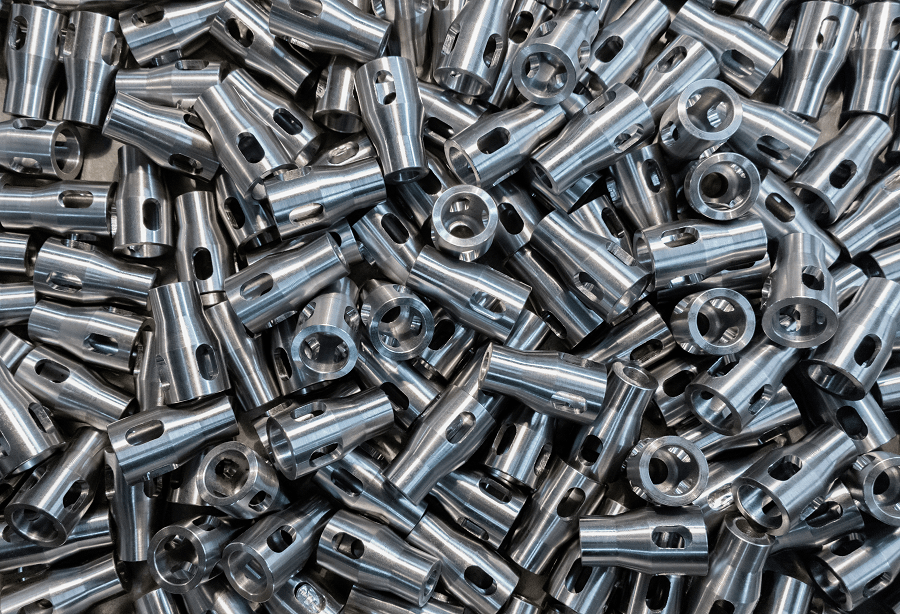There are many makes and models of parts washers, with each having its own appearance and special features and capabilities. But before you start looking at the finer points of a parts washer, it’s important to decide which type of machine you need based on how it uses the cleaning agent: a solvent based parts washer or an aqueous based parts washer.
Solvent Based vs. Aqueous Based
Solvent based parts washers use a cleaner that has a solvent base. The solvent in the cleaner dissolves two or more ingredients to create a homogenous cleaner that is typically used without heat. Aqueous based parts washers, on the other hand, use water to dissolve detergent, and apply heat to aid with solvent dispersal and cleaning action. This is why parts washers that use aqueous based cleaners are often called “hot tank” washers, while those using solvent based cleaners are often known as “cold tank” washers.
Now that we’ve looked at the basic differences between aqueous and solvent based parts washers, let’s look at three key advantages of using solvent based parts washers.
- Can be More Energy Efficient
Because cold tank washers don’t use heat to facilitate solvent distribution or cleaning action, they often use less energy than hot tank washers, which heat up and maintain a stable temperature during washing. Whether you’re concerned about energy efficiency for cost reasons, impact on the environment, or both, a solvent based washer may be your best option.
- Can be More Solvent Efficient
Some solvent based parts washers are designed for solvent recycling (e.g., recycling vapor degreaser). The solvent condensates in a special unit, free of the soils it just removed. Then, the recycled solvent returns to the basin where it was first applied. This allows you to use a single application of the solvent for two or more more parts washing sessions.
- Can Perform Cleaning Faster
For users who need to clean a low volume of parts on a periodic basis, the speed of a parts washer may be of little concern. However, industrial organizations that have a high volume of parts to clean to perform at any given time are naturally concerned about speed. Solvent based parts washers that don’t use heat often have a cycle that’s faster than the cycle of an aqueous based parts washing system.
Need Parts Washer Solvent?
If so, Ecolink has several environmentally preferred solutions that are suitable as drop-in replacements for your current solvent. In addition to providing a dynamic line of stock solvents, we produce custom formulations that are tailored to the needs of unique users. Before you order one of our solvents, request a free sample so you can see how it works, with no obligation to buy.
If you’re ready to place an order, or you need assistance selecting a solvent, please call us today at 800-563-1305, or send us an email through our contact form. We look forward to providing a powerful, eco friendly solvent for your solvent based parts washing system!















